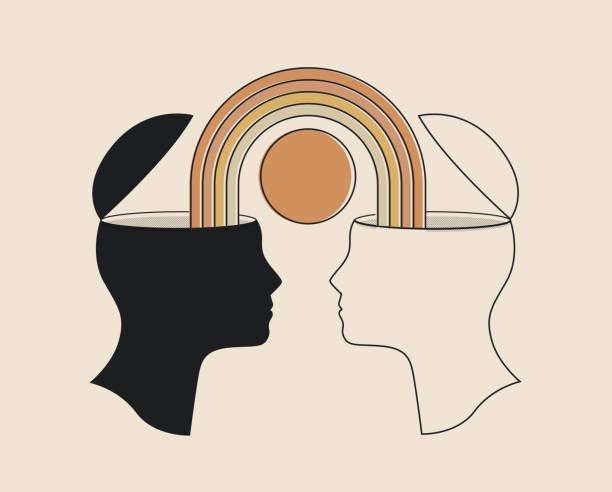The Objective Ear
I always ask for a show of hands in my workshops of who enjoys their voice in their outgoing voicemail message.
Absolutely nobody raises their hand.
They all ask me why they sound different in recordings than they think they do.
The explanation is actually fairly un-glamorous: you hear your voice cushioned and muffled through a series of bone and muscle, and *also* you are hearing that sound in your head, simultaneously with the sound coming through your mouth and to your ears. That extra muffling makes your voice sound lower than it actually is (“I sound like Minnie Mouse in recordings!” No, you don’t. That’s what we’re hearing too.)
For someone like myself – who voices every day and edits those sound files – I have developed a certain “detachment” towards my voice. I know a good take from a bad one; I can clinically listen to my sound files and determine when things are sounding “normal” and when things have gone off the rails (much like a dancer who can look at themselves in a mirror and see good alignment and alignment that needs adjusting.)
We, as voice talent, need to be able to have an objective listen to the sound files we create and double-check as to whether they are executing the writer’s wishes, whether or not we are delivering the message that was intended, and if we are honoring the material. All that requires a certain detachment to these sounds; they’re merely a product we make, and we can clinically observe what we’re doing and modify as needed without attachment or investment.
It's important that voice talent at the mic ask themselves three basic questions before hitting “send” on those sound files – either as an audition, or as a finished piece of work.
Who is this for? It’s critical to know just *who* this project is pointed at, and who it’s for. Is this for industry insiders who know all the terminology and nomenclature, or for the lay public who might require a more detailed, slower ease-in into the topic? I’ve voiced projects for a large auto parts distributor; they had me voicing staff e-learning training modules, and also informational public-facing videos for their customers. Very different treatment of the material, from the writing to the style in which I voiced it. Knowing your audience is crucial.
What is this about? This one seems painfully obvious, but if you really listen to TV and radio commercials, you’ll hear lots of voice talent who are just reading words. Just getting the words out correctly. Saying the words in the prescribed time parameters(very important for broadcast spots). Without really thinking about what they’re saying, or even what the words mean. Before you voice something (anything) read the copy. Several times. Put the copy away and paraphrase in your own words what the content is about. And make a decision – on the fly; not marking your script – which words need emphasis (because that’s what we do naturally in speech.) The comprehension of the material seems axiomatic, but all you need to do is listen to locally-produced commercials or YouTube videos to hear people just saying words. Making sounds. Without thinking about them.
Does this take fit the brief? You may think you’ve done a technically strong take; you may like the way you sound in that take – but is it fitting the brief of the instructions/specs? Is it honoring the words? And does it fit into the client’s vision or intention? All these things are more important than how you aesthetically sound. If the client’s intention is not apparent through the description on the audition sides or the job brief, start a conversation with the client and ask some essential questions about the overall message of the piece and how your anticipated contribution fits in.
It takes a clinical ear – and a step-back from yourself – to honestly listen with an objective ear – and be able to assess where you’re at. That objectivity is the difference between a pro who genuinely enjoys being the ambassador of the client’s message, and one who merely enjoys time at the mic.











